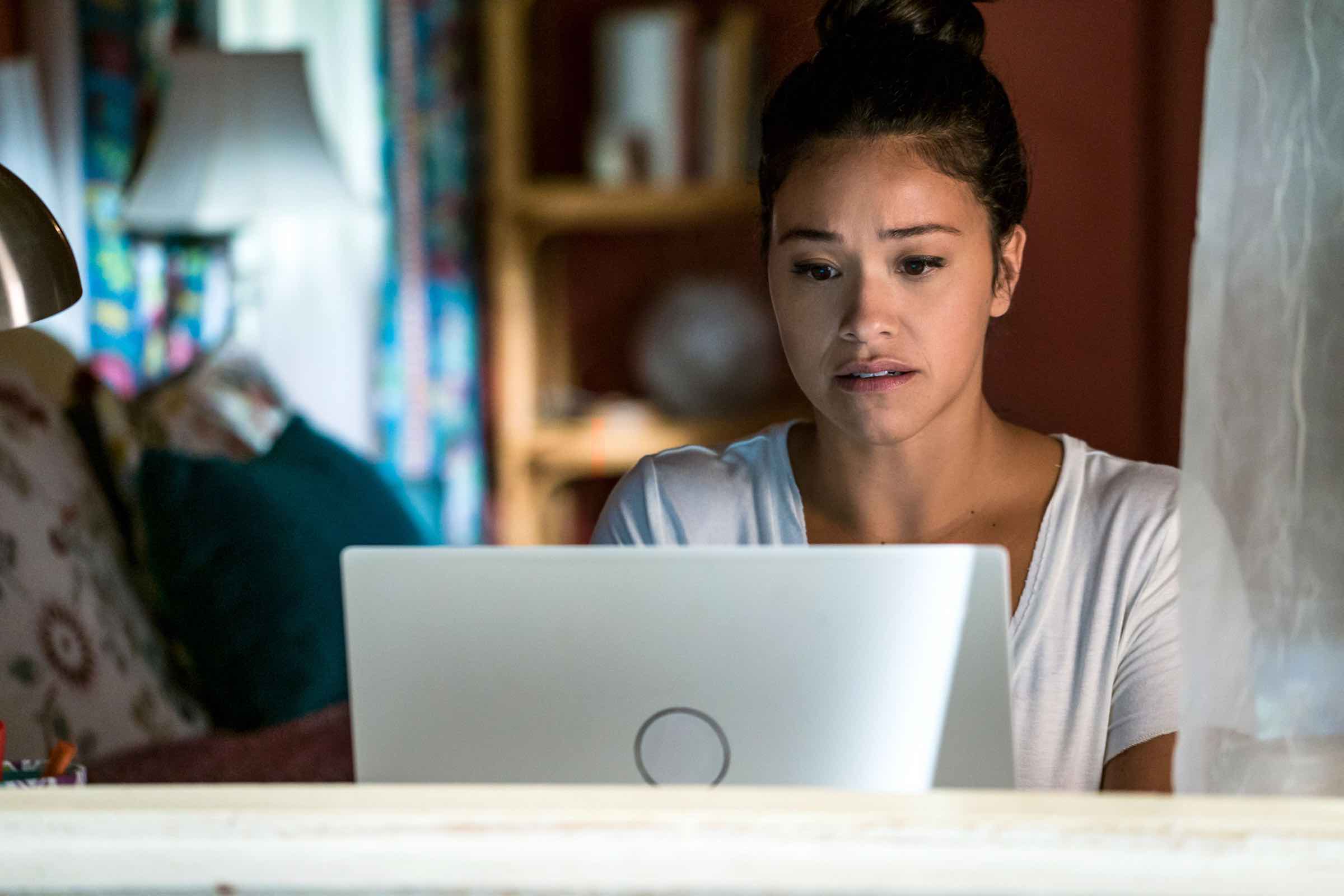
Start your film side hustle with just one hour a day
Modern life is . . . confusing? Overwhelming? No matter what year you were born in, there’s something all generations agree on: there are never enough hours in the day. Between work, bingewatching, family, furbabies, and a social life, it’s hard to find enough time to pursue your creative endeavors – or so you think.
We’re about to teach you the holy grail of productivity tricks. Yes, you can achieve your goals – but it might just take a bit more time than you’re expecting. In order to achieve your lofty, intensive project goals, you don’t need a time machine, an eight-day week, or a Starfleet transporter; all you need is a steely will, a working internet connection, and to set aside a mere hour every day.

But I don’t have a spare hour!
The first step in achieving your goals is acceptance. You need to accept that reaching goals requires sacrifice. In order to be able to dedicate one hour five or seven days a week to your creative project, you’ll need to drop something else.
That might mean skipping afterwork drinks, letting your laundry pile up till the weekend, bribing your partner to collect the kids / cats / parents from daycare, scrolling the endless void of social media, or eating boiled eggs every night for a week. Whatever you’ve got to quit, make a commitment to letting it go for as long as it takes you to build up enough work to launch your film side hustle.
![]()
If you’re creating a blog / vlog, the general rule of thumb is that you need around 100 blog posts before any advertiser will touch your product. Posts generally take between one and three hours to write.
If it’s a short film you’re thinking of writing, you’re looking at around 30 to 50 writing and research hours before you have a script to show your collaborators. Pre-production for that short film could take anywhere between 30 and 500 hours.
Whatever your project, set yourself a goal and make sure you allocate enough dedicated time to make a decent inroad into it.

Get a watch, buy a journal, set an alarm, clear your schedule
You can have all the best intentions in the world, but you’ll likely fail quickly if you don’t carve out some dedicated time, setting structure around the development of your film side hustle. Try working on your side hustle at the same time every weekday. The regularity keeps you mentally prepared and ready to jump in – you’ll even start looking forward to working on it all day.
The same time everyday may not work for your schedule, but don’t leave your magic hour to chance. Spend time at the beginning of every month creating your calendar, scheduling your magic hour, and letting everyone in your life know you can’t take a meeting, drink gin, meet at Soul Cycle, or go on a moonlight hike at that time.
Once you’ve chosen your schedule, commit it to paper. Write it on the calendar that hangs in your kitchen. Set yourself a calendar alert. Set a daily alarm on your smartphone. Do anything and everything you can to make sure you make your date with your dreams. Every hour you spend on your film side hustle is an hour you’re closer to reaching your lofty goal.

Use tech to augment your concentration
So you’re in the zone. You sit down at your computer, Nespresso in hand, and open up Google Drive to start working on your project – when you get distracted by an email from your sister about a friendly train station cat. Two hours later, you’ve done no work on your project – instead, you’ve surfed an epic web journey featuring cat, raccoon, and penguin videos. Epic fail.
Avoid beginner mistakes and get familiar with apps like RescueTime and Focus Me. They’ll stop you from click-hole web browsing and getting lost in a social media frenzy, so you can concentrate on what’s really important: your film side hustle!

Use the Pomodoro Technique
This vintage (80s) productivity hack has been used by overachievers everywhere to get shit done. It’s incredibly simple: work hard for 25 minutes, then take a 10 to 15 minute break. That way you exhibit laser focus on your main goal for a solid 25, and once you’ve reached that goal you can fall back into the evils of the internet for a well-deserved 15.
Two Pomodoro sessions plus two breaks takes you to an hour and twenty.
Look to the greats for inspiration
Here are a few examples of the great things people have achieved in just one hour per day.

David Lynch: Transcendental Meditation
‘’I started Transcendental Meditation in 1973 and have not missed a single meditation ever since. Twice a day, every day. It has given me effortless access to unlimited reserves of energy, creativity, and happiness deep within. This level of life is sometimes called ‘pure consciousness’ – it is a treasury. And this level of life is deep within us all.’’
Sara Blakely: Spanx
Door-to-door fax saleswoman Sara Blakely had a big idea that would revolutionize the way women dressed, but couldn’t get anyone to take her concept seriously. With just $5000 in savings, she wrote her own patent, designed her own packaging, and eventually handled distribution for her product from her kitchen table to create Spanx.
For the first few years, Spanx was a side gig Blakely handled after she finished work (exhausted). After two years, she quit her day job and now runs a billion-dollar company – with no external investors in sight.

Quentin Tarantino: Filmmaker
A Hollywood origin story so fantastic, you’d think it’s from a telenovela, Quentin Tarantino’s ascent from bit-part actor to auteur involved a whole lot of hustle. With no formal film education, the filmmaker worked full-time in a video store while studying the art of cinema in whatever spare time he had.
Writing scripts on the side, his encyclopedic knowledge of the movies (gleaned from watching many) was worth ten times any MA in film studies. After five long years as the best movie rental clerk in town, he was hired to write the screenplay for True Romance – and the rest, as they say, is history.
Feeling inspired? Get your smartphone out, set an alarm alert, carve some time in your schedule, and start working towards your goal today. You can thank us for the advice when you accept your Oscar.



